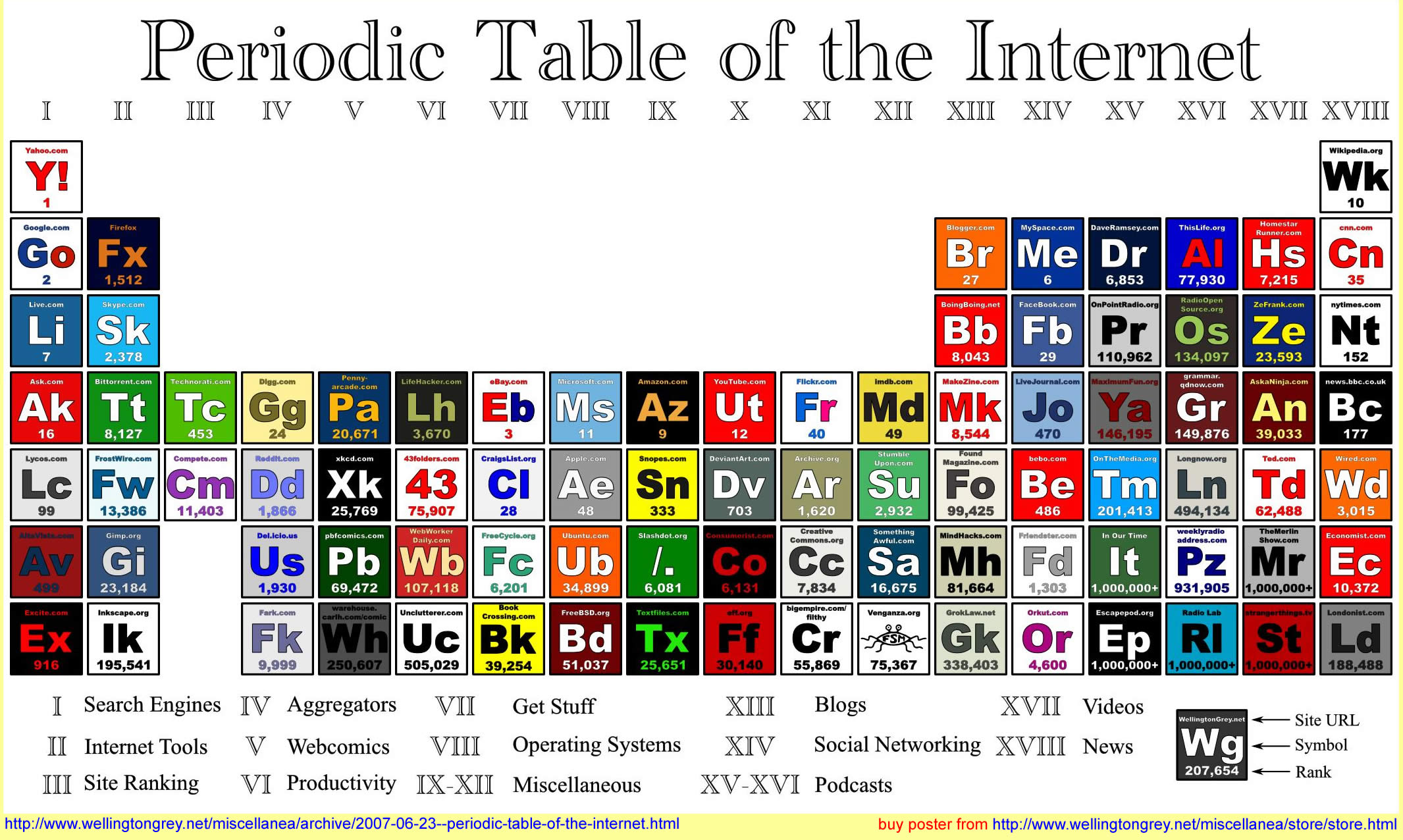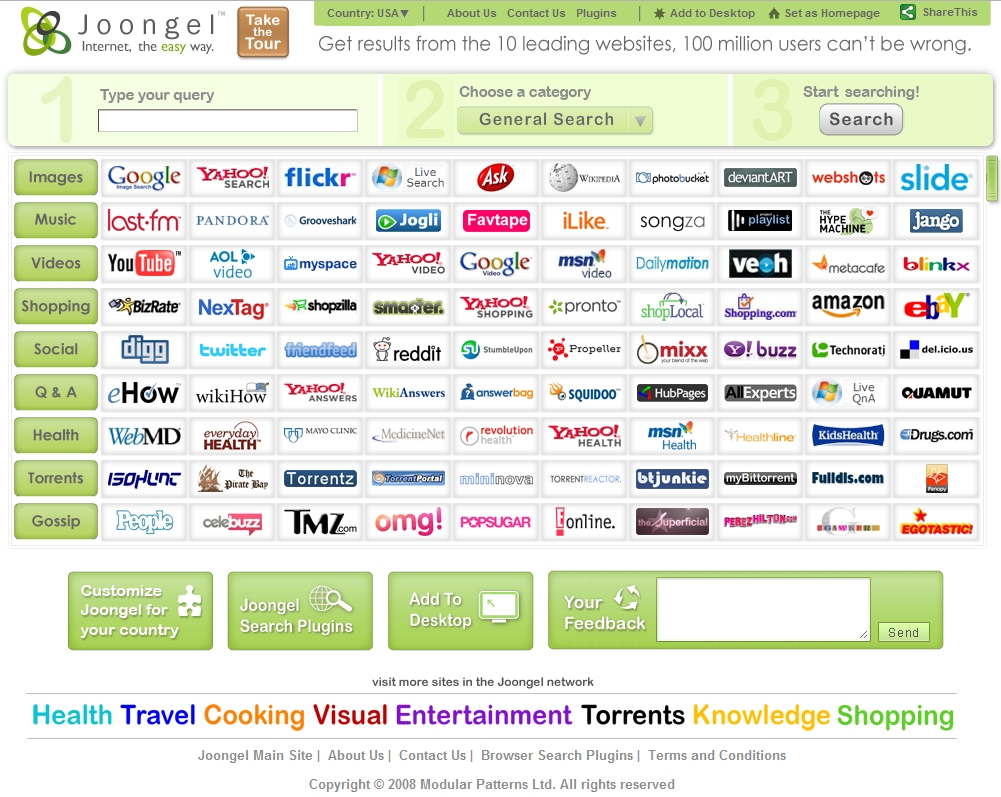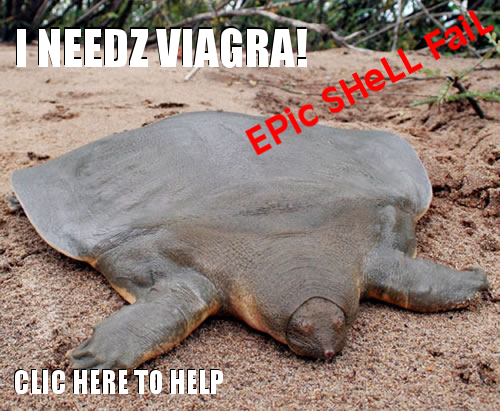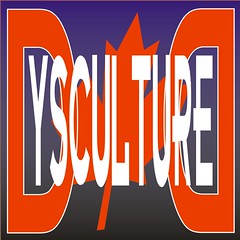Now that Web 2.0 has become a redundant term (after all, don't we expect the web to be interactive, feeding, streaming and end-user tweakable these days) when will the terminology move to the next step up the version hierarchy.
I have to apologize in advance, because while this lovehate will incorporate many open-ended questions that I invite people to answer for me, the majority of the discussion will not revolve around the real object of my derision: version-branding everything... but I digress 3.5.
When the Web 2.0 moniker became de rigeur around aught four, more people clamped onto the fashion of the version upgradability of the name as opposed to knowing what it was all about.
Remember the first time you could easily manage your RSS feeds, or the first time you got to move widgets around a page on the fly to create a custom portal experience? Remember the first time you Dugg something by clicking a simple button that updated on the fly, or giving a thumbs-up or down to a comment? Remember seeing your first REALLY cool freaky-styley Flash interface and then getting annoyed by them like so many animated gifs and beveled buttons of the past? Remember finding websites by designers that learned how to use flash for substance instead of style? Remember when social networks opened our eyes from a history of forums and newsgroups or even listservs?
Most of us remember all of this as the nascent signs that would be the explosion of Web 2.0 and yet, to me anyway, and I'm guessing many others, that seemed so long ago. Surely we've hit the version change or the upgrade somewhere along the way. We must be at Web 2.4.6 or Web 2.0 SP-1 by now. If we're going to buy into the branding of the Web as a version number, shouldn't we be willing to run with the entire procedure?
And here's a BTW 4.6: what ever happened to the Internet? Now, I could be wrong, but didn't the web used to be part of the internet? Wasn't "Internet" the global catchphrase dropped by politicians who wanted to seem too cool for their own good. Has Web 2.0 not only usurped "Web" but also "Internet" as well? Has the term "internet" become nothing more than a series of tubes? Have the words become interchangeable due to the Web's popularity?
And just by way of a WTF? 5.1, if Web 3.0 is supposed to be the advancement of server models that are not just storage and retrieval, but of execution as found in already existing web productivity applications like those promoted by Apple, Microsoft and, most prominently, Google, haven't we breached the outer vestiges of Web 3.0 already? Haven't we started to float through the Cloud? Surely we're starting to reach some of the potential if not benchmarks that would constitute a version shift, yet no one is ready to say we're officially at the Web 3.0 stage yet, but how about 2.5, 2.3, 2.1... hell, I'd even take 2.0.1 alpha at this point because it seems no version advancement moves so slow as that which evolves before our eyes.
And so if constant evolution is actually preventing a clean division between 2.0 and 3.0, who will ultimately be the voice responsible for leading us from the arbitrary muck and mire to the magic number? Will it be something as simple as a prompt from the social networker with the most followers? A well-placed tweet that gets re-tweeted ad infinitum until, by no fault, wish, cause, or ability of our own, we live in a Web 3.0 world and the first bloggers and eager tech column writers start heralding the advancements that are bound to be present in Web 4.0.
Maybe by then it will be called iWeb or MSWeb or GoogleWeb or The People's Web Republic of the United Provinces of China or Skynet.






